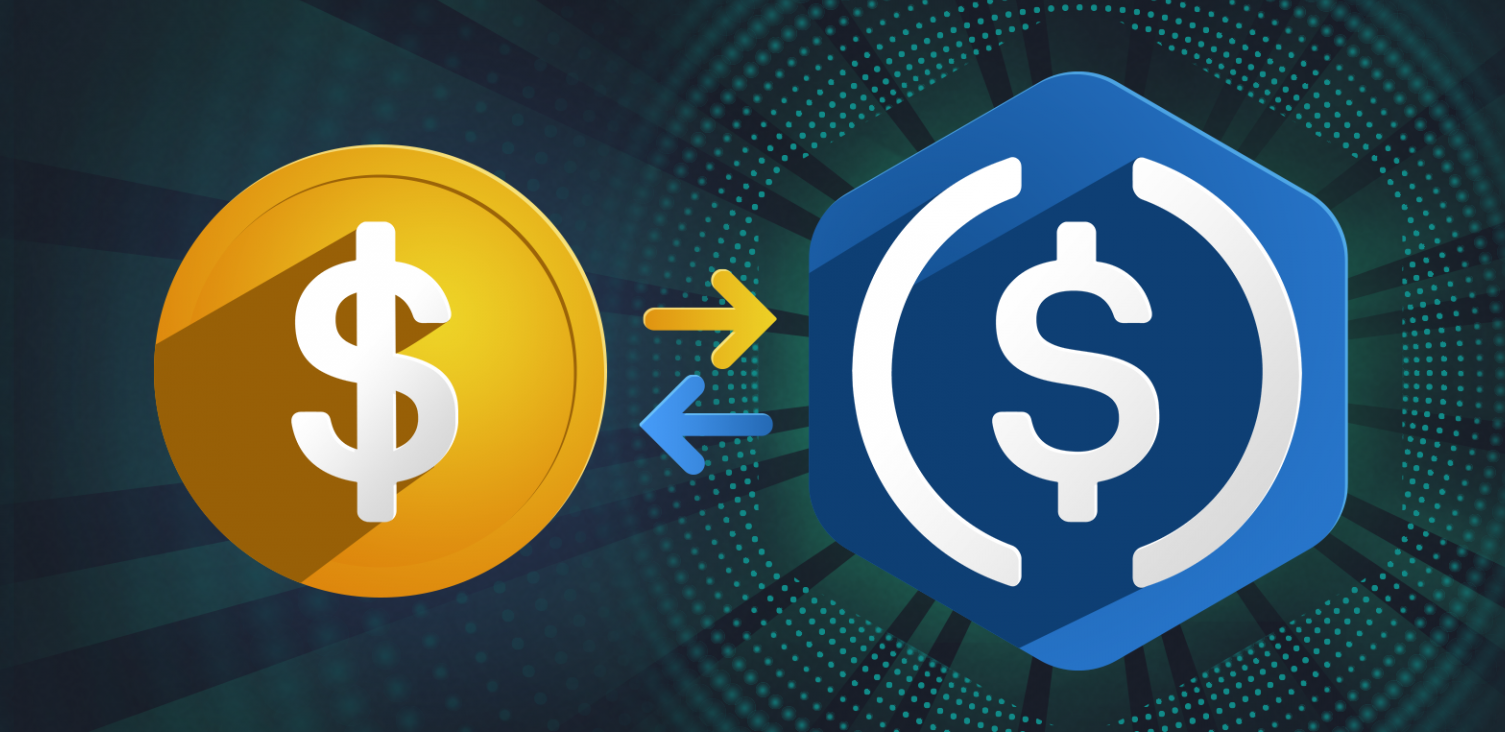Pakistan Bitcoin reserve economy and digital finance could undergo significant changes if it reveals its Bitcoin Whale Accumulation reserve strategy. The new Minister for Digital Finance and Cryptocurrency describes this endeavour as a historic choice to embrace innovation, enhance national financial resilience, and explore distributed monetary systems. Given currency devaluation, rising inflation, and foreign debt, the project is viewed as a means of economic protection.
Pakistan’s Shifting Approach to Cryptocurrency Regulation
Pakistan Bitcoin reserve attitude to cryptocurrencies has always been one of uncertainty and legal grey areas. In 2018, the State Bank of Pakistan (SBP) banned banks from using virtual currencies, causing widespread confusion and business stagnation. Despite these constraints, local interest in grew due to demand for remittances, financial prospects, and increasing youth computer literacy.
In response to this tsunami of demand, the government established the Presidential Task Force on Blockchain in 2022 to investigate the part rising technologies play in economic growth. Among the primary results was the nomination of Dr. Masood in 2024 to oversee Pakistan’s digital financial revolution. With experience in banking, fintech, and regulatory strategy, he is a strong advocate for the institutionalisation of public sector blockchain technology.
Pakistan’s Strategic Bitcoin Reserve Initiative
Instead of replacing the national currency, Dr. Masood believes Pakistan’s strategic Bitcoin reserve will hedge against foreign economic shocks and currency devaluation. Bitcoin is considered a digital gold substitute due to its limited supply and increasing institutional adoption worldwide. The Ministry of Finance, the SBP, and licensed blockchain firms will oversee bitcoin reserves. Cold storage wallets with multi-signature access will protect reserves from cyberattacks.. Regular independent security audits will also help to ensure adherence to international norms.
 Under controlled procurement from crypto exchanges and over-the-counter (OTC) marketplaces, this reserve is planned to be developed incrementally. Market volatility, fiscal situation, and strategic benchmarks will determine the timing of purchases, rather than speculation, thereby orienting the project as a long-term economic stabiliser.
Under controlled procurement from crypto exchanges and over-the-counter (OTC) marketplaces, this reserve is planned to be developed incrementally. Market volatility, fiscal situation, and strategic benchmarks will determine the timing of purchases, rather than speculation, thereby orienting the project as a long-term economic stabiliser.
Pakistan’s Cautious Path Toward Bitcoin Adoption
Pakistan’s action coincides with a period of global enthusiasm for digital currencies. Particularly among developing nations seeking alternatives to conventional financial tools. With their national Bitcoin policies. Which range from legal tender systems to sovereign reserves. Countries such as El Salvador. Venezuela. And the Central African Republic have already made headlines.
Pakistan is adopting a more methodical and deliberate approach than El Salvador, which adopted Bitcoin as a legal currency. The goal is to improve monetary diversity rather than to upset the established financial system. Furthermore, helping to shield the economy from outside financial pressure, including changes in dollar supremacy, international debt commitments, and oil price fluctuations, is the Bitcoin reserve. Establishing a sovereign Bitcoin reserve will help Pakistan enhance investor confidence and influence in global negotiations. It indicates that the nation is forward-looking and able to include modern technologies into national policy.
Toward Legal and Shariah-Compliant Crypto Framework
Still, one of the most urgent problems is legal clarity. However, Pakistan does not overtly forbid cryptocurrencies; their operations are largely unregulated. Currently developing a comprehensive Digital Asset Regulation Bill, the Securities and Exchange Commission of Pakistan (SECP) is expected to introduce licensing regulations, AML/KYC compliance rules, and a legal framework for crypto taxes. Public reaction to the news has been enthusiastic, especially among urban millennials and technology entrepreneurs who perceived the reserve as legitimate and promising. Pakistan ranks high in crypto adoption, according to Chainalysis, despite the lack of local exchanges and banking interfaces.
 However, religious academics have expressed concerns about how well digital currencies align with Islamic financial principles. To address this issue, Dr. Masood has established a Shariah Advisory Board comprising academics from Pakistan, Malaysia, and the UAE to assess the reserve’s structure from a religious and ethical perspective. Initial results suggest Bitcoin may comply with Islamic financial norms if utilised as a store of value rather than speculatively.
However, religious academics have expressed concerns about how well digital currencies align with Islamic financial principles. To address this issue, Dr. Masood has established a Shariah Advisory Board comprising academics from Pakistan, Malaysia, and the UAE to assess the reserve’s structure from a religious and ethical perspective. Initial results suggest Bitcoin may comply with Islamic financial norms if utilised as a store of value rather than speculatively.
Building the Infrastructure for Bitcoin Security
Creating the required technical framework to assist a national Bitcoin reserve is not a minor task. Through agreements with tech incubators in Karachi and Islamabad, as well as the National University of Sciences and Technology (NUST), the government is funding blockchain research. These programs are designed to promote familiarity with digital ledger technology, cryptographic security, and wallet management.
Utilising hardware security modules (HSMs) and modern encryption techniques will help protect the reserve against hazards, including cyberattacks and fraud. Multi-party computation (MPC) systems ensure that no single entity can access or move the reserve funds independently, thereby reducing the likelihood of internal compromise.
Final thoughts
The declaration has received a favourable response from the worldwide crypto community. Leaders in the sector, such as Michael Saylor and Anthony Pompliano, have commended the action as significant or confirmation of Bitcoin’s importance in the world economy. According to reports, blockchain firms and institutional players are in negotiations to provide infrastructure support, liquidity services, and compliance integration.
Concerning established financial institutions like the World Bank and the IMF, they have not yet commented. Experts advise, nonetheless, that global institutions are unlikely to react forcefully as long as Pakistan keeps financial transparency and sensible risk management.


